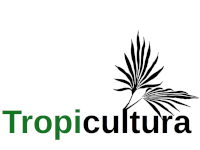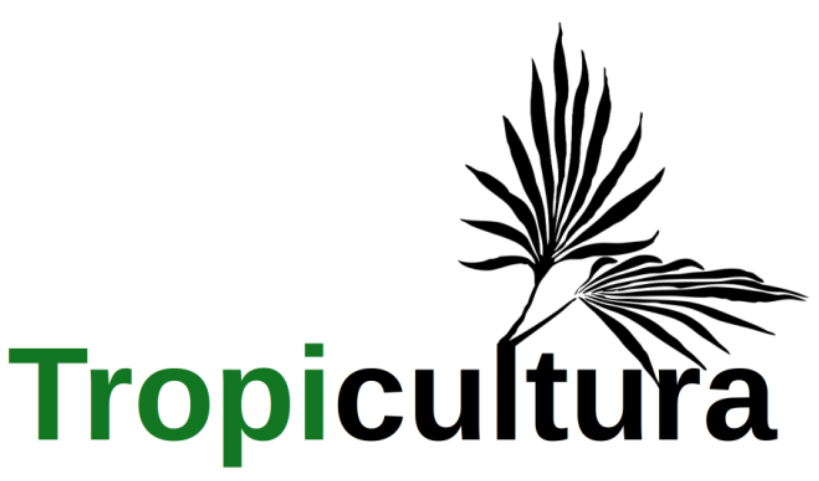- Portada
- Volume 36 (2018)
- Numéro 2
- Pratiques agricoles des migrants burkinabè en Côte d’Ivoire et investissements socio-économiques liés à la culture du cacao
Vista(s): 12885 (1 ULiège)
Descargar(s): 456 (0 ULiège)
Pratiques agricoles des migrants burkinabè en Côte d’Ivoire et investissements socio-économiques liés à la culture du cacao

Documento adjunto(s)
Version PDF originaleRésumé
La crise politico-militaire que la Côte d’Ivoire a traversée de 2000 à 2011 a marqué les pays voisins dont le Burkina Faso. En effet, premier Etat pourvoyeur de migrants vers la Côte d’Ivoire, il fut confronté à de nombreuses difficultés pendant cette période, du fait de la forte concentration de la communauté burkinabè qui y réside mais aussi des échanges commerciaux qui existent entre les deux pays. Le secteur agricole ivoirien est le domaine de prédilection de nombreux ressortissants burkinabè. Nous avons mis en évidence, dans cette recherche les activités agricoles et les investissements socio-économiques liés à la culture du cacao de ces migrants. D’importants échanges financiers ont lieu chaque année entre ces deux Etats dont le Burkina Faso est le principal bénéficiaire. Le plus important des transferts financiers est issus de la culture de cacao, premier produit d’exportation de la Côte d’Ivoire. Il ressort que les transferts de fonds par les migrants burkinabè travaillant dans les plantations ivoiriennes sont essentiellement orientés vers la satisfaction des besoins alimentaires de leurs familles et l’investissement dans le secteur immobilier au Burkina Faso. Une partie de ces transferts est absorbée par les élans de solidarité à l’endroit des proches. C’est ainsi que les émigrés établissent et maintiennent les rapports avec la famille restée sur place.
Abstract
Agricultural Practices of Burkinabe Migrants in Côte d'Ivoire and Socio-economic Investments Related to the Cultivation of Cocoa.
The political-military crisis that Côte d'Ivoire went through from 2000 to 2011 marked the neighboring countries, including Burkina Faso. Indeed, first State providing migrants to Ivory Coast, it faced many difficulties during this period, due to the high concentration of the Burkinabe community that resides there but also due to the commercial exchanges that exist between the two countries. The Ivorian agricultural sector is the domain of choice for many Burkina Faso citizens. We have highlighted in this research the agricultural activities and socio-economic investments related to the cocoa plantations of these migrants. Significant financial exchanges take place annually between the two countries, Burkina Faso being the main beneficiary. The most important financial transfers come from cocoa plantation which is the first export product of the Ivory Coast. It appears that remittances by Burkinabe migrants working in Ivorian plantations are mainly directed towards meeting the food needs of their families and investment in the real estate sector in Burkina Faso. A part of these transfers is absorbed by the impulses of solidarity of planters with their relatives. Thus, the emigrants establish and maintain relations with the family that has remained in the home country.







